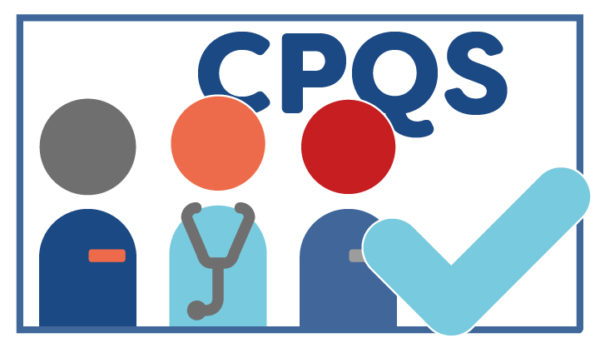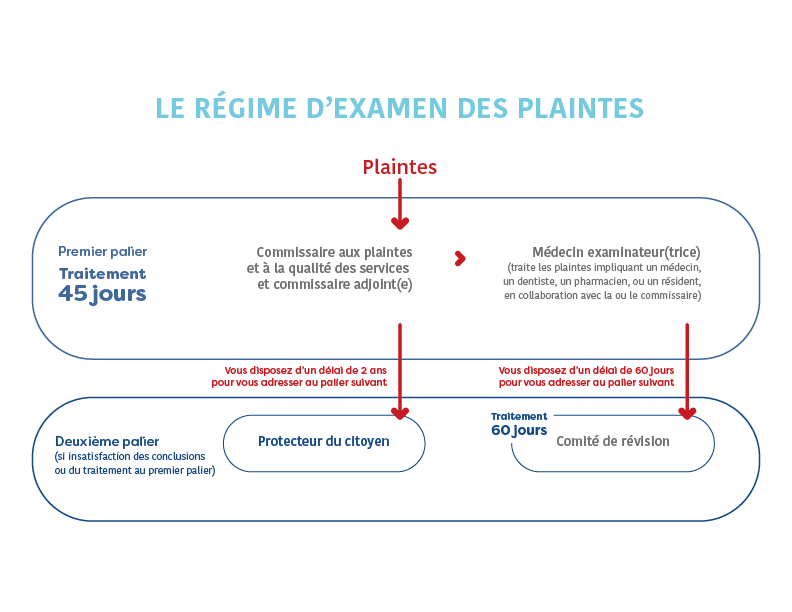
Access to a family doctor
News
Access to a family doctor
Registering to Quebec Family Doctor Finder (GAMF)
If you don’t have a family doctor and want to get one, here are the steps to register on a waiting list. It is impossible to accurately predict how long your name will be on a waiting list. The deadline depends of the evaluation of your state of health, doctors availability, and the number of registrations on the waiting list in your regional county municipality (MRC).
Internet registration
1. 1. To register on Quebec Family Doctor Finder (GAMF) online, click here.
2 . You need to keep your personal details updated: address, phone number, etc.
3. If your health condition has changed, you need to modified it on the website.
Your priority level will be adjusted according to your state of health.
Register by phone
If you don’t have access to Internet or if you want to update your personal details and state of health by phone, you need to call one of the following phone numbers depending of your area:
Côte-de-Gaspé
1-877-666-8766, extension 3333
Rocher-Percé
(418) 689-2261, extension 2020
Baie-des-Chaleurs
1-866-568-8136
Haute-Gaspésie
(418) 763-7771, extension 2705
This information is also available on the website of Gaspésie Integrated health and social services centres : Centre Intégré de Santé et de Services Sociaux de la Gaspésie.


